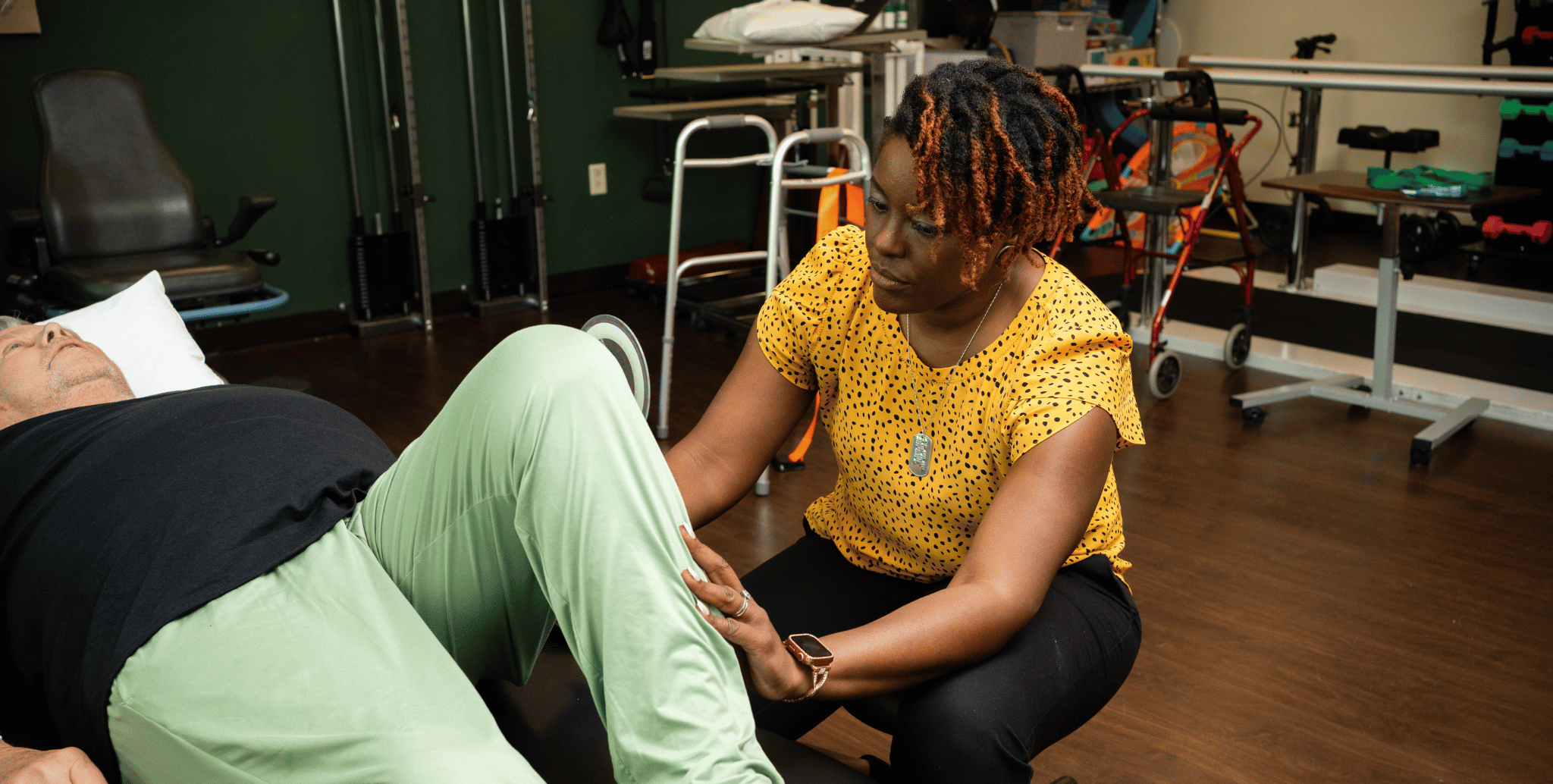Facilitating Recovery Using Tailored Workout Plans in Recovery Practices
Wiki Article
Recovery is an important process for patients who have experienced surgeries, or other health conditions. Rehabilitation initiatives play a crucial role in supporting these patients to restore their strength, enhance mobility, and return to their routine tasks. Tailored exercise prescription is a key component of successful rehabilitation. This means that exercises are carefully designed to meet the individualized needs of each individual. By concentrating on personalized therapy programs, recovery programs can accelerate recovery and support better health results.
One of the initial steps in developing a tailored fitness program is evaluating the individual’s status. Healthcare practitioners conduct assessments to determine the specific limitations and abilities of each person. This might involve physical assessments, discussions about health background, and goals for rehabilitation. For instance, an athlete rehabilitating from a leg injury may have distinct needs than an senior person recovering from joint surgery. By acknowledging these differences, clinicians can design an exercise regimen that addresses the specific aspects of each case.

Integrating multiple forms of exercises is crucial for effective rehabilitation. Resistance training , flexibility routines, and aerobic activities all serve vital roles in recovery. Resistance training assists rebuild muscle strength and improve stamina, which is particularly important after long durations try these out of inactivity. Flexibility movements increase range of motion and reduce stiffness in joints. Aerobic workouts, like walking or biking, boost overall fitness and promote cardiac health. A well-rounded exercise program that incorporates all these elements can significantly assist in the rehabilitation process.
Tracking advancement is another critical aspect of recovery initiatives with customized exercise plans. As patients participate in their customized routines, medical practitioners observe improvements and make required modifications to the program. This continuous assessment ensures that the exercises remain effective and suitable as the patient progresses. Setting specific milestones can also motivate individuals during their recovery process. Reaching incremental goals boosts confidence and promotes commitment in adhering with the rehabilitation program.
Ultimately, improving recovery through personalized fitness planning requires collaboration between healthcare practitioners and patients participating in rehabilitation. Open communication is key to recognizing how each individual responds throughout their rehabilitation journey. By working together, both parties can identify any challenges and celebrate successes along the way. Tailored rehabilitation programs not only help individuals recover physiologically but also add to their mental wellness click to read more by fostering a feeling of accomplishment and independence as they progress towards their wellness objectives.